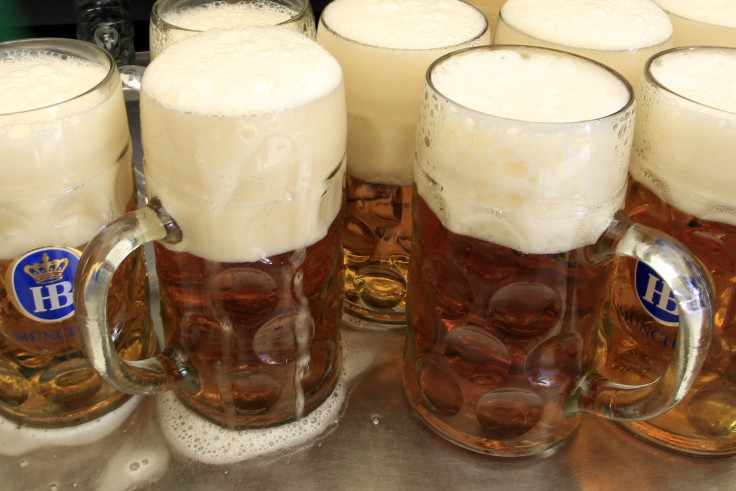Beer Brewery Mergers May Lead To Brief Price Spikes New Research Shows

Beer brewery mergers could lead to short-term spikes in beer prices, a far cry from what merging companies claim when they say mergers usually benefit consumers, according to a research paper published on Thursday.
The study, which examines pricing and consolidation in the U.S. beer industry, found that after the 2008 merger of U.S. Molson Coors Brewing Company (NYSE:TAP) and SABMiller plc (LON:SAB) breweries, in the joint MillerCoors venture, prices increased slightly, by about two percent, in markets across the United States.
The study is one of the first to use empirical data to vet the standard corporate claim that consumers benefit from mergers, because of increased corporate efficiency, according to the authors.
That’s key because consumer impact is factored in when federal agencies like the Federal Trade Commission or the Department of Justice consider blocking a merger on anti-competitive concerns.
“Surprisingly, there is little evidence that efficiencies can offset incentives to raise prices following mergers,” reads the paper’s abstract, laying out the meagre state of research so far.
The idea that mergers can reduce prices has been the theoretical framework for antitrust analysis since 1968, wrote the authors, even though there’s little actual evidence on the connection between mergers and pricing.
In this case, though, authors added that after about three years, prices went back down, and were offset to usual levels thanks to lower production costs at the breweries.
Still, the merger also increased the price of rival beers in local markets, though prices rose more slowly and modestly than prices from the merged companies, according to the paper.
Rival beers sampled included products from Heineken N.V. (AMS:HEIA), Pabst Brewing Company, the Boston Beer Co Inc (NYSE:SAM), and Anheuser Busch Inbev SA (EBR:ABI), which sells Budweiser and Becks beers.
The Boston Beer Company, which brews Sam Adams, could cut beer prices in coming months, according to bank analysts, on the back of robust corporate growth and craft beer’s increasing popularity.
It’s hard to judge the impact of a merger on beer prices, because retail prices are impacted by a complex mix of factors like excise taxes, distributor costs, and local market adjustments, Morningstar, Inc. (Nasdaq:MORN) beer industry analyst Tom Mullarkey told International Business Times.
Markets with more consolidated beer markets, like Canada, the U.S. and South America, tend to have higher profit margins than fragmented markets fraught with competition among beer companies, like the U.K., he said.
“In countries like the U.K., with roughly four brewers all of the same size, they have to duke it out on price a lot more,” he said.
Although there isn’t any obvious or announced beer company merger movement on the horizon, both Anheuser Busch and SABMiller have the capacity for acquisitions, should they feel so inclined, according to Mullarkey.
The researchers also cautioned that they only considered the Coors and Miller merger, so generalizing from the results may be problematic.
The Department of Justice has aggressively challenged beer industry mergers, said researchers, challenging 16 proposed mergers between 1950 and 1989.
© Copyright IBTimes 2024. All rights reserved.












